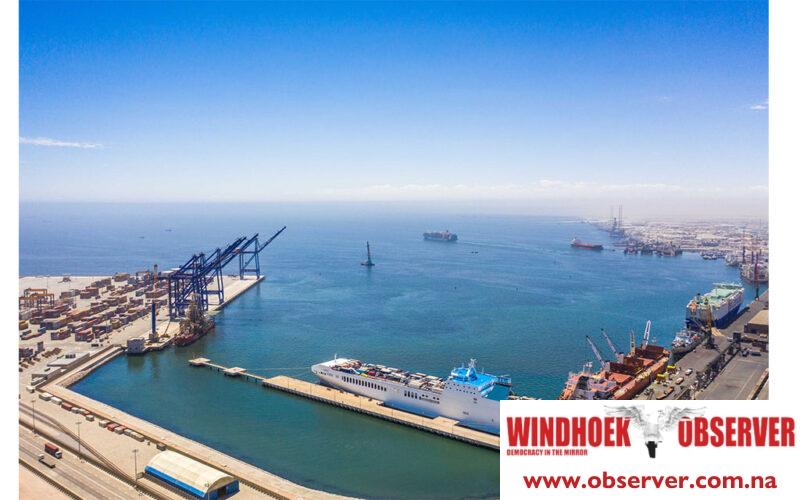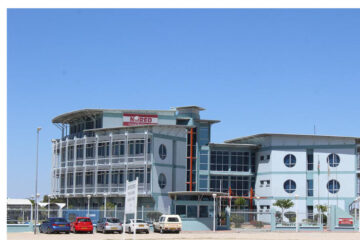Niël Terblanché
Walvis Bay continues to expand its role as a logistics hub in regional and global markets, while also focusing on the enhancement of port facilities and operational efficiencies to leverage Namibia’s geographical and infrastructural advantages.
As a result, Namibia’s principal maritime gateway has successfully handled imports valued at N$5.1 billion, which is evidence of its critical role in the nation’s trade infrastructure.
According to a recent report by Simonis Storm Securities, Namibia’s unique position as a nation free from load shedding, which enables uninterrupted operations and the smooth transition of goods through its facilities, magnifies the port’s strategic importance.
“This operational advantage positions Walvis Bay as a formidable competitor in the regional port landscape, poised to seize a greater market share,” the report states.
The report stresses the need for ongoing reforms to improve key performance metrics such as timeliness, logistics efficiency, and service quality to boost global competitiveness.
Despite a challenging global environment, March 2024 saw Namibia’s total trade activity reach N$21.1 billion, notwithstanding a 6.8% decrease year-over-year, primarily due to a dip in exports.
Nevertheless, the report reveals that exports experienced a notable recovery in March, climbing to N$8.3 billion from N$6.1 billion in February 2024.
Imports also showed robust growth, with a significant monthly increase of 27.9% and a yearly rise of 2.9%.
Namibia’s trade deficit widened in March 2024 to N$4.5 billion, compared to N$3.9 billion in February and N$2.2 billion in March of the previous year.
According to the report, the largest contributors to the import bill were petroleum oils, whereas diamonds dominated the export spectrum.
The manufacturing sector played a key role in shaping trade volumes, with exports totalling N$5 billion and imports at N$8.4 billion.
“This activity highlights Namibia’s reliance on manufactured, mining, and quarrying products, solidifying its status as a net importer in these areas. At the same time, the country continues to be a net exporter of agricultural, forestry, fishing, transport, and storage products, showcasing its strengths and ability to positively impact international trade balances,” the report reads.




